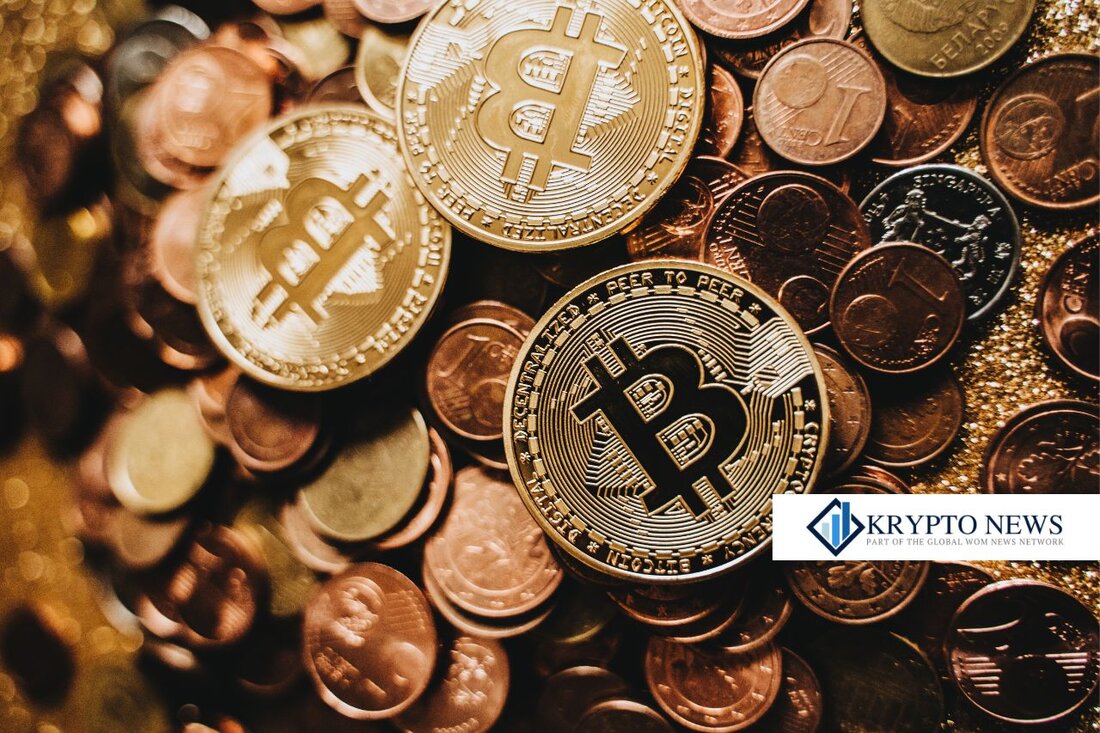Tariffs are slowing down the Global South: Crypto as a lifeline?
Learn how US tariffs are impacting global trade and cryptocurrency is creating opportunity in the Global South.

Tariffs are slowing down the Global South: Crypto as a lifeline?
A current discussion about the tariffs imposed by the USA highlights the far-reaching effects on global trade. Loud Daily Hodl These tariffs affect free trade and are described as barriers that disrupt economic exchanges between countries. The Global South is particularly affected, where economic policies from the West are perceived as discriminatory. As a result, economic exclusion, particularly in areas such as education and finance, is reaching a new dimension. The author Ray Youssef, founder of NoOnes, links this problem to the development of a “tariff gap” that places additional burdens on developing countries.
Economists warn of the potentially ruinous consequences of a tariff war. The consequences could be higher prices, a decline in GDP growth rates, supply chain disruptions, job losses and ultimately even economic depression. The financial barriers created by tariffs affect different countries in the Global South in different ways. In Ghana, for example, people have difficulty making international payments, while in Nigeria, access to financial systems to purchase necessary equipment is severely limited. Kenya struggles to accept payments from abroad, and in Rwanda high fees for receiving remittances are a significant barrier.
Cryptocurrencies as a way out
Given these challenges, cryptocurrency is increasingly being viewed as a solution to financial obstacles in the Global South. Youssef highlights that crypto makes it easier to access financial systems and reduces bureaucratic hurdles. Adoption is growing rapidly, especially in countries like India, where over 90 million people use crypto, Vietnam with over 20% of the population already immersed in the crypto world, and Nigeria, where more than 40% of adults own crypto.
However, Youssef also emphasizes the need to fully exploit the potential of crypto while promoting educational initiatives to train people in the Global South to use these technologies. He is convinced that cryptocurrencies can make a decisive contribution to improving living standards and form the basis for an economic superpower in the Global South.
Overall, the discussion about tariffs and their effects shows how important it is to consider alternative financial systems such as cryptocurrencies in order to bridge existing structures and create new opportunities for developing countries. The current developments in the areas of digitalization and finance must be seen as part of a comprehensive approach that also includes the expansion of education and infrastructure in the affected regions.

 Suche
Suche
 Mein Konto
Mein Konto
